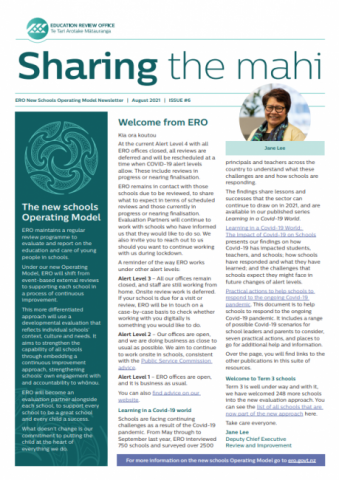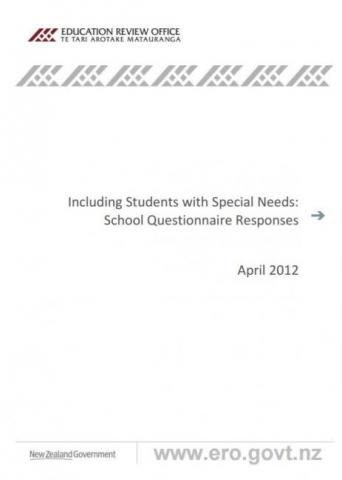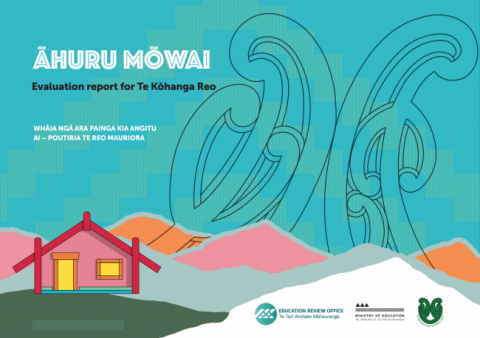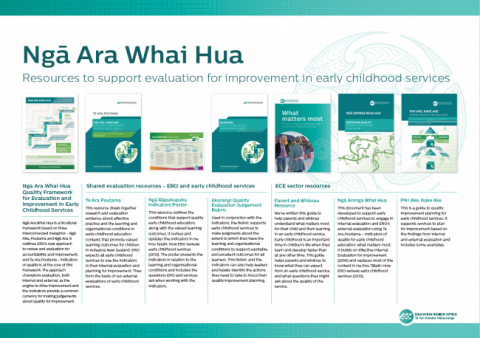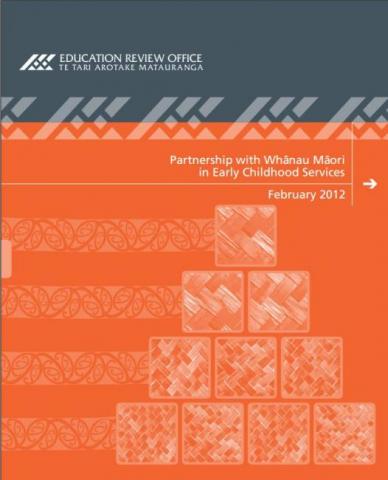Supporting Collaboration in Action - Kahukura Community of Practice
Published: 18 May 2021
Evidence demonstrates that collaboration between schools, focused on improving teaching and learning outcomes, has a positive impact on raising student, school and system performance. Schools who share knowledge and work together are more effective in improving the quality of teaching, learning, and supporting school development. They can also help bolster the education system as a whole.
- Audience:
- Academics
- Early learning
- Education
- Māori-medium
- Parents
- Schools
- Content type:
- News article


